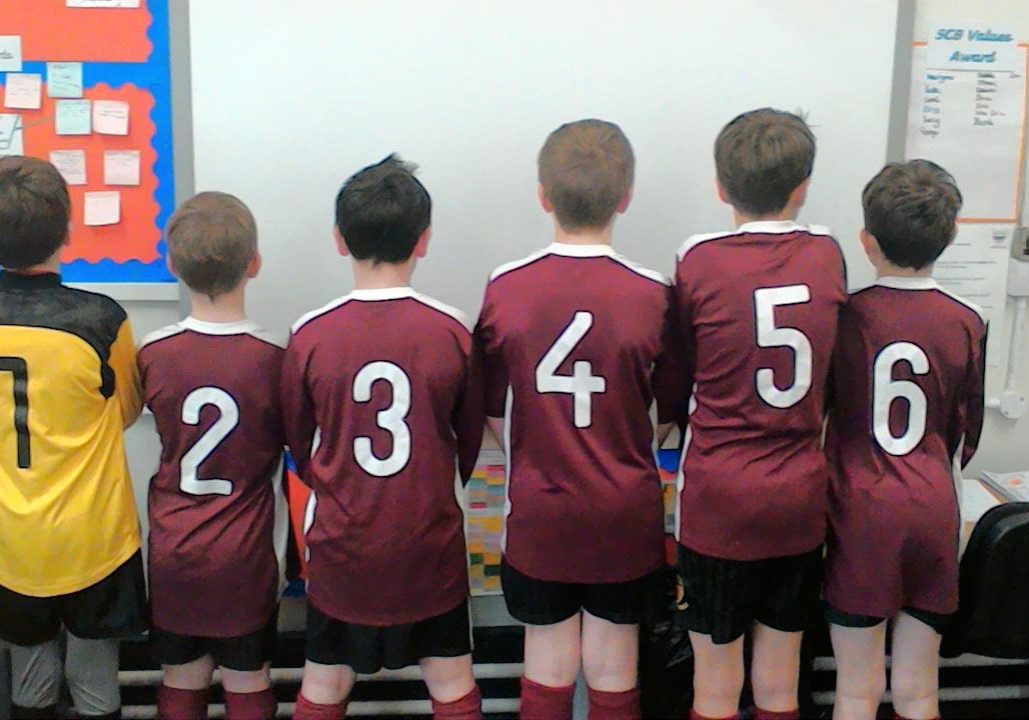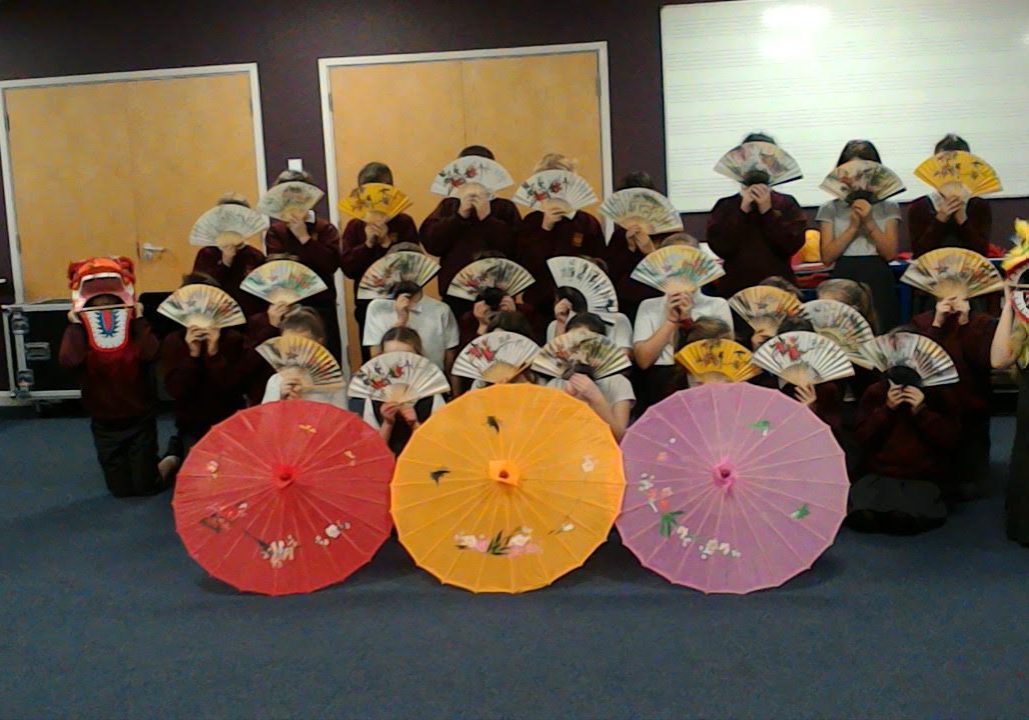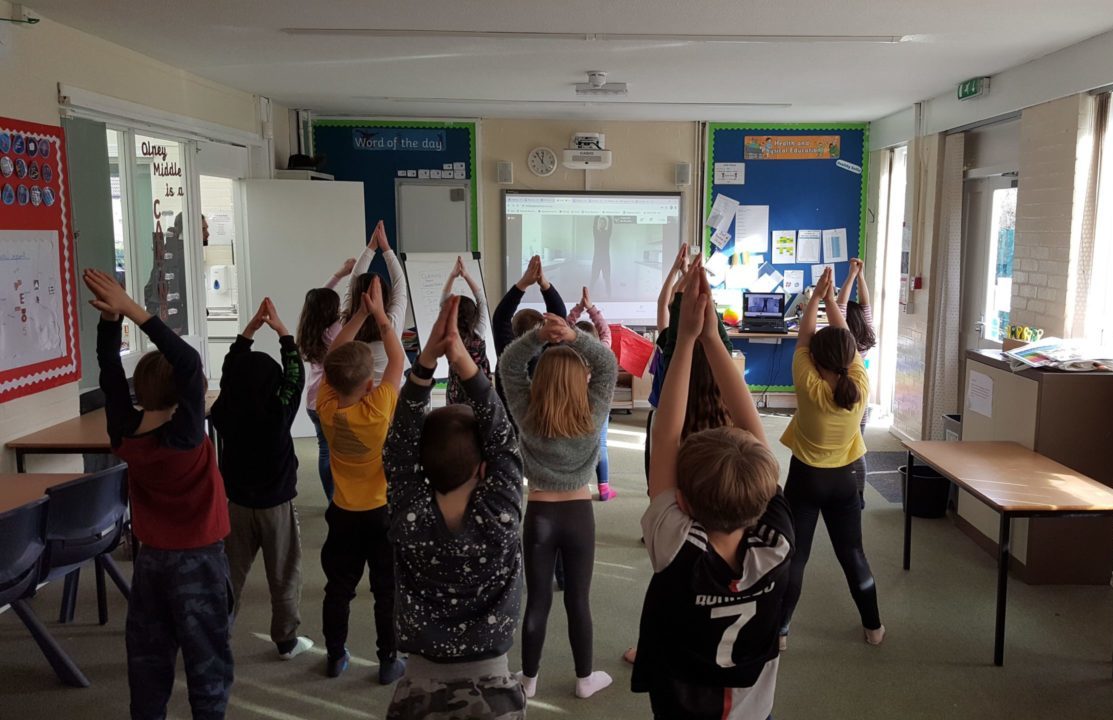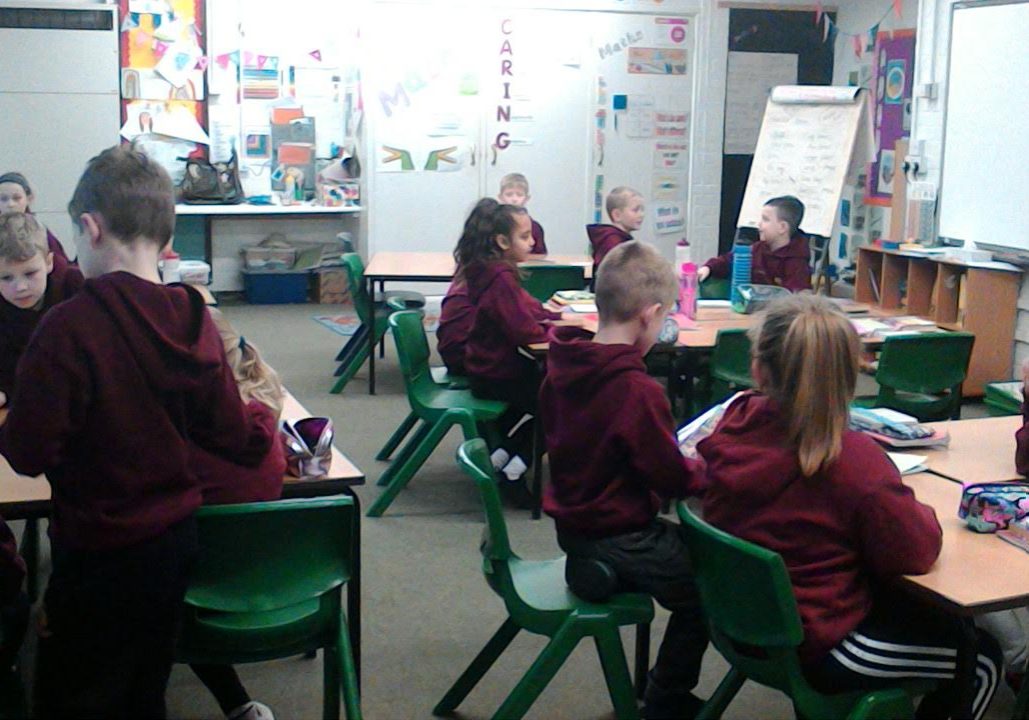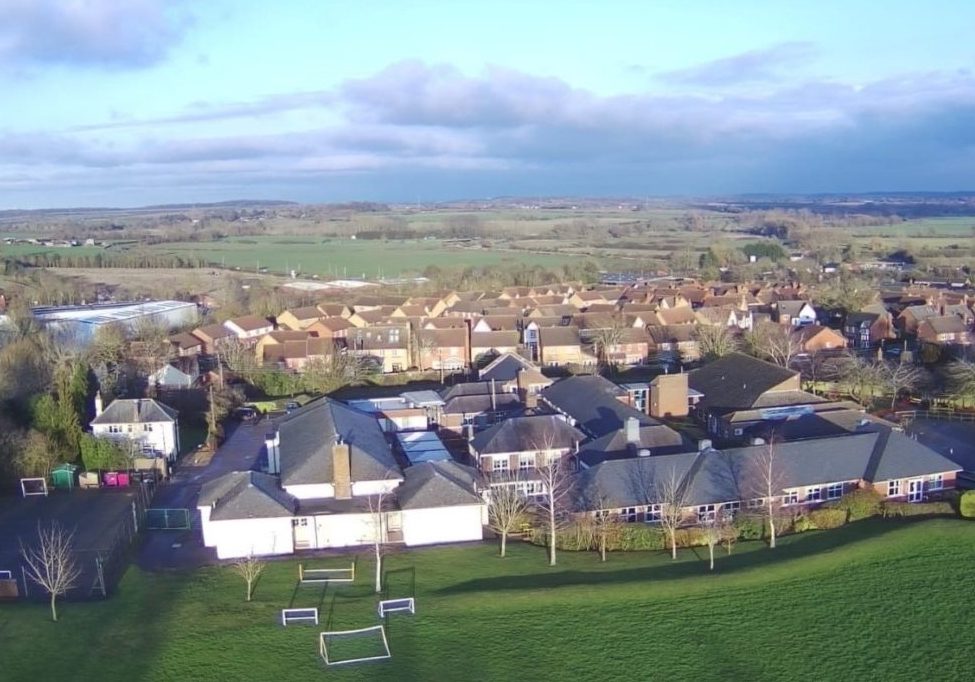Safeguarding – Current Issues
The following Safeguarding issues are all considered to be Child Protection issues and should be referred immediately to the most relevant agency. The issues featured below are linked to guidance and local procedures which can be found on the MK Together Safeguarding Partnership website.
Some members of our communities hold beliefs that may be common within particular cultures but which are against the law of England. Milton Keynes does not condone practices that are illegal and which are harmful to children. Examples of particular practices are:
Forced Marriage
Milton Keynes does not support the idea of forcing someone to marry without their consent.
Under-age Marriage
In England, a young person cannot legally marry until they are 16 years old (without the consent of their parents or carers) nor have sexual relationships.
Genital Mutilation / Female Circumcision
This is against the law yet for some communities it is considered a religious act and cultural requirement. It is illegal for someone to arrange for a child to go abroad with the intention of having her circumcised. If any of the above areas of concern is brought to our attention, we will report those concerns to the appropriate agency in order to prevent this form of abuse taking place.
Ritualistic Abuse
Some faiths believe that spirits and demons can possess people (including children). What should never be considered is the use of any physical or psychological violence to get rid of the possessing spirit. This is abusive and will result in the criminal conviction of those using this form of abuse even if the intention is to help the child.
Children Missing Education
“Basic to safeguarding children is to ensure their attendance at school.” (OFSTED 2002). Children are best protected by regularly attending school where they will be safe from harm and where there are professionals to monitor their well-being. At OMS, we will encourage the full attendance of all of our children at school. Where we have concerns that a child is missing education because of suspected abuse, we will liaise with the appropriate agency including the Education Attendance Service to effectively manage the risks and to prevent abuse from taking place.
Sexually Active under Eighteen years old
It is acknowledged by those working with young people that most young people under the age of 18 will have an interest in sex and sexual relationships. The Protocol for Sexually Active Young People under 18 years old has been designed to assist those working with children and young people to identify where these relationships may be abusive, and the children and young people may need the provision of protection or additional services. At OMS we will ensure our policy for managing this issue links to the available protocol.
Safeguarding Disabled Children
Disabled children have exactly the same human rights to be safe from abuse and neglect, to be protected from harm and achieve the Every Child Matters outcomes as non-disabled children.
Disabled children do however require additional action. This is because they experience greater risks and ‘created vulnerability’ as a result of negative attitudes about disabled children and unequal access to services and resources, and because they may have additional needs relating to physical, sensory, cognitive and/ or communication impairment (Safeguarding Children, DCSF, July 2009) OMS will ensure that our disabled children are listen too and responded to appropriately where they have concerns regarding abuse. In order to do this we will ensure that our staff and volunteers receive the relevant training to raise awareness and have access to specialist staff in the event they have concerns regarding abuse of a child.
Safer Recruitment & Selection
It is a requirement for all agencies to ensure that all staff recruited to work with children and young people are properly selected and checked. At OMS, we will ensure that we have a member on every recruitment panel who has received the appropriate recruitment and selection training. That all of our staff are appropriately qualified and have the relevant employment history and checks to ensure they are safe to work with children in compliance with the Key Safeguarding Employment Standards.
Honour Based Violence
Honour based violence’ is a crime or incident, which has or may have been committed to protect or defend the honour of the family and/or community’. It is important to be alert to signs of distress and indications such as self-harm, absence from school and truancy, infections resulting from female genital mutilation, isolation from peers, being monitored by family, not participating in school activities, unreasonable restrictions at home. Where it is suspected that a child/young person is at risk form Honour based violence. OMS will report those concerns to the appropriate agency in order to prevent this form of abuse taking place.
Trafficked Children
Child trafficking involves moving children across or within national or international borders for the purposes of exploitation. Exploitation includes children being used for sex work, domestic work, restaurant/ sweatshop, drug dealing, shoplifting and benefit fraud. Where OMS is made aware of a child is suspected of or actually being trafficked/exploited, we will report our concerns to the appropriate agency.
Domestic Abuse
The Government defines domestic abuse as “Any incident of threatening behaviour, violence or abuse (psychological, physical, sexual, financial or emotional) between adults who are or have been intimate partners or family members regardless of gender or sexuality”.
Staff need to understand what is required of them if children are members of the household where domestic abuse is known or suspected to be taking place. Our policy includes action to be taken regarding referrals to the Police and Children and Young People’s Services and any action to be taken where a member of staff is the alleged perpetrator or victim of domestic abuse. At OMS, we will follow our safeguarding policy and report any suspected concerns regarding Domestic Abuse to the relevant agency.
Private Fostering
Private fostering is an arrangement made between the parent and the private foster carer, who then becomes responsible for caring for the child in such a way as to safeguard and promote his/her welfare.
A privately fostered child means a child under the age of 16 (18 if a disabled child) who is cared for and provided with accommodation by someone other than:
- A parent.
- A person who is not a parent but has parental responsibility.
- A close relative.
- A Local Authority.
for more than 28 days and where the care is intended to continue. It is a statutory duty for us at OMS to inform the Local Authority where we are made aware of a child or young person who may be subject to private fostering arrangements.
Child Exploitation & Online Safety
Children and young people can be exploited and suffer bullying through their use of modern technology such as the internet, mobile phones and social networking sites. In order to minimize the risks to our children and young people, OMS will ensure that we have in place appropriate measures such as security filtering, and an acceptable use policy linked to our Online Safety policy. We will ensure that staff are aware of how not to compromise their position of trust in or outside of the school and are aware of the dangers associated with social networking sites.
Our Online Safety policy will clearly state that mobile phone or electronic communications with a student at our school is not acceptable other than for approved school business e.g. coursework, mentoring. Where it is suspected that a child is at risk from internet abuse or cyber bullying we will report our concerns to the appropriate agency.
The above list is not exhaustive and as new policy guidance and legislation develops within the remit of Safeguarding we will review and update our policies and procedures as appropriate and in line with the Local Safeguarding Children Board and Local Authority.

